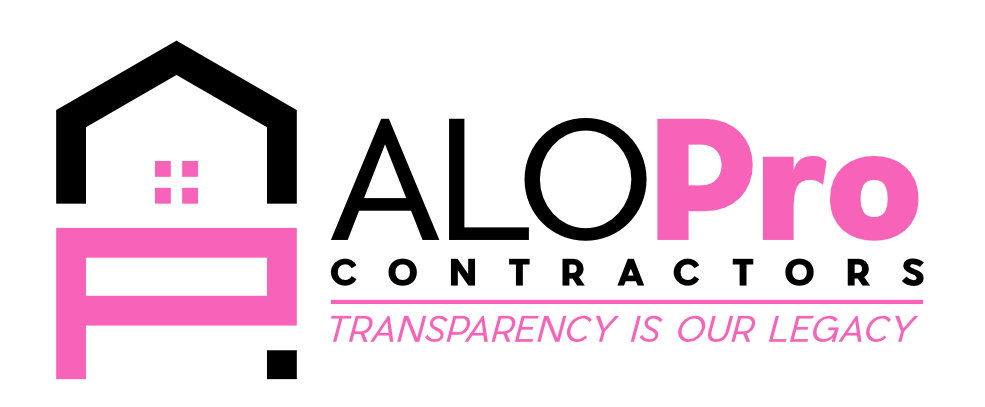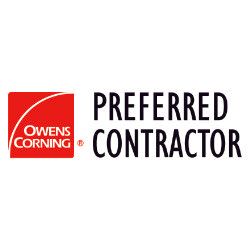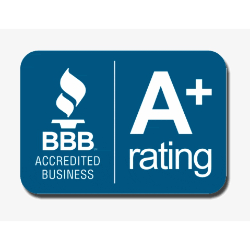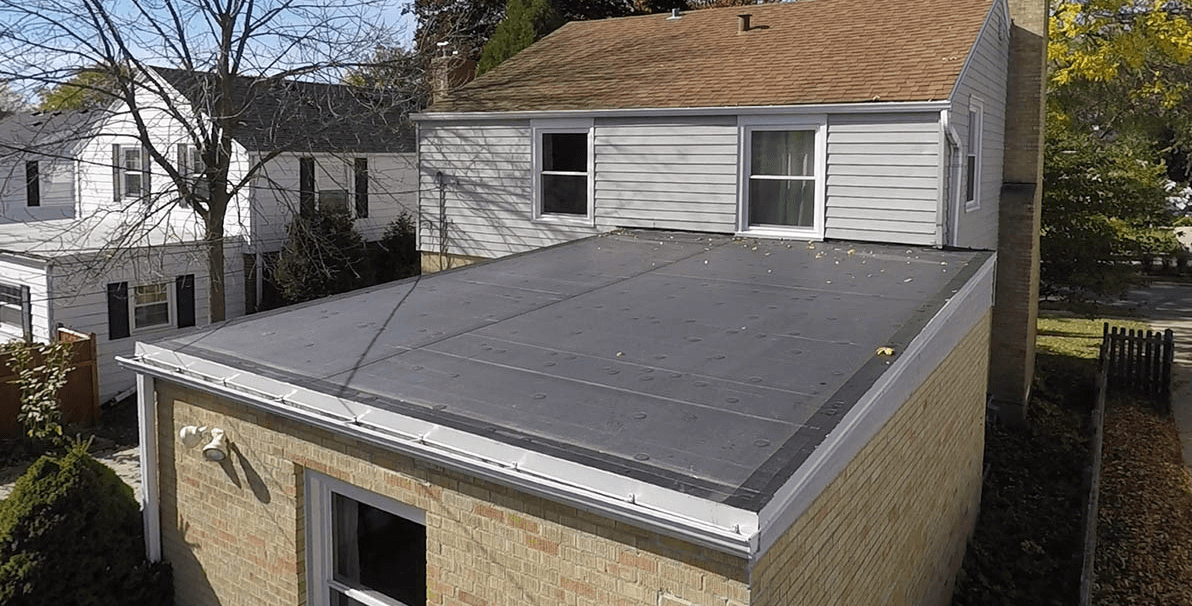Flat Roofing Denver
Flat Roofing in Denver
Flat Roofing Denver
Denver Flat Roofing: A Comprehensive Guide from Blue
Peaks Roofing
If you’re looking for a reliable roofing contractor in the Denver, Colorado, area, look no further than ALOPro Contractors. Our team of experienced roofers can provide you with all the information you need on flat roof replacement, as well as provide high-quality installation and repair services. Now we’ll discuss all aspects of flat roof replacement in Denver, including materials, costs, repairs, installation methods, and more. We will explain so you’ll have a better understanding of flat roof replacement in the Mile High City so you can make an informed decision regarding your home improvement needs.
What Is Flat Roofing?
Flat roofs are precisely what they sound like – roofs with virtually no slope. This is different from pitched roofs with a visible incline which helps rain and snow slide off into gutters or away from your home. Flat roofs usually feature a shallow angle (around 1-2 inches per foot) to help water flow off the surface, but some designs are ultimately level – even at 100% grade. This type of design is popular in Southwestern designs such as adobe homes which often feature terracotta tiles for an aesthetic appeal and their water-repellant qualities.
The Benefits of Flat Roofs
Flat roofs come with several benefits that make them popular among homeowners who want to reduce their energy bills while improving their home's curb appeal. Here are some of the main advantages:
Flat roof cost: Installing a new flat roof is typically more expensive than installing other types of roofs due to its complexity and extra components. Flat roofing material are generally more expensive than traditional pitched roof materials costs.
Longer Lifespan: As long as regular maintenance is done on your flat roof, it can last up to 40 years or more if properly installed by an experienced professional.
More Accessible: Since there’s no pitch or slope on a flat roof. Flat roof repairs are easier to access for repairs. Cleaning flat roofs, compared to other traditional pitched roofs, may require ladders or special equipment to reach higher portions.
Versatile Design Options: With many different flat roof materials available such as modified bitumen, rubber roofing, or single-ply membranes, you can easily customize your flat roof to match any style preference or budget restriction.
What type of roofing is best for a flat roof?
When it comes to flat roof replacement, there are many options available. It is essential to consider each type of flat roof material's cost, durability, and maintenance before deciding. Flat roof costs vary depending on complexity, code requirements and location of the roof.
The most common types of commercial flat roofs are built-up roofs (BUR), thermoplastic membrane roofs (PVC or TPO), rubber membrane roofs (EPDM), modified bitumen roofs, spray polyurethane foam roofs, and metal roofs. Each type of roof has advantages and disadvantages regarding cost per square foot, durability, and maintenance.
Built-up flat roofs (BUR) are typically the least expensive per square for flat roof replacement cost. They can last up to 20 years with proper maintenance but require more frequent repairs than other flat roofing materials. BUR's average cost per square foot is between $8-$10.
Thermoplastic membrane flat roofs (PVC or TPO) are more expensive per square foot than BUR but provide better protection from the elements and can last up to 30 years with proper maintenance. The average cost per square foot for PVC or TPO is between $4-$7.
Rubber membrane flat roofs (EPDM) are also famous for flat roof replacement due to their durability and low maintenance requirements. Specialty materials can increase the cost such as glass reinforced polyester EPDM can last up to 50 years with proper care, and the average cost per square foot is between $12-$20.
Modified bitumen flat roofs offer excellent protection from the elements but require more frequent repairs than other flat roof materials. The average cost per square foot for a modified bitumen flat roof is between $5-$7.
Spray polyurethane foam for flat roofs provide superior insulation and protection from the elements but requires more frequent repairs than other flat roof materials. The average cost per square foot for spray polyurethane foam is between $6-$8.
Metal roofs offer excellent protection from the elements but require more frequent repairs than other flat roof materials. The average cost per square foot for metal is between $8-$12 a square foot.
When choosing a material for your flat roof replacement, it’s essential to consider all factors, including cost per square foot, durability, and maintenance requirements, to make an informed decision that best suits your flat roof project.
4 Flat Roof Materials and Cost
- EPDM membrane roofing. EPDM (ethylene propylene diene terpolymer) is a synthetic rubber black membrane commonly used in commercial and medical facilities. (720) 447-6738 Per Square foot
- TPO membrane roofing. (720) 447-6738 Per square foot
- PVC membrane roofing. (720) 447-6738 Per square foot
- Standing seam metal roof. (720) 447-6738 Per square foot
How much does a flat roof replacement cost?
HomeAdvisor says flat roof replacement costs $10,000 and between $6,000 and $20,000 on average. Materials and labor add up to $6 to $20 per square foot. Expect to pay $6,000 to $20,000 for a 1,0ooo square flat roof, depending on the material type and need for vents, drains, and extra underlayment.
How long does a flat roof last?
An adequately maintained flat roof can last for decades, depending on the roofing material. A built-up roof or modified bitumen layers can last up to 20 years. Lightweight thermoplastic polyolefin flat roof, EPDM rubber flat roof, or spray-on coatings of polyurethane foam, acrylic, or silicon have a similar lifespan.
Flat Roof Costs vs. Traditional Sloped Roofs?
First, traditional sloped roofs are less expensive per square foot to install than flat roofs. While the surface area of a flat roof is smaller than that of a pitched roof, shingles are much cheaper than membrane systems. Shingles are also much easier to install than flat roof installation membrane systems, reducing the installation cost.
Benefits Of Hiring a Professional Roofing Contractor For Your flat roof installation Or Flat Roof Repair Job In Denver
It’s always highly recommended that homeowners consult with experienced professionals whenever they need a new flat roof or any flat roof repairs related to their property, mainly because incorrect flat roof replacement could lead to costly damages down the line and possible safety issues should something go wrong during DIY flat roof replacement attempts! Professional flat roof contractors know exactly how each material works best when applied correctly according to certain weather conditions, thus helping ensure the maximum longevity of the flat roofing materials! Additionally, these same experts understand modern building codes and regulations specific not only within city limits but also throughout state directives too; resulting in less hassle dealing with inspectors should ever come time to pass inspections after completion work has been done.
Tell Us About Your Residential or Commercial Flat Roofing Project
Get a completely obligation-free consultation with one of our professionals today



